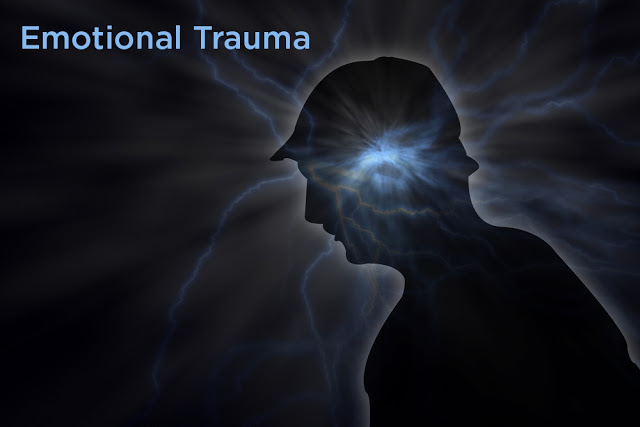January. The excitement of the holidays is over. It’s time to return
to your college classes after a nice, long break. For those in northern
climates, there’s also less sunlight and painfully cold temperatures to
contend with. It’s completely normal to feel a little bummed out about
it all, right?
In most cases, yes, it is normal to feel a little “blah” during
the winter months. But, if those feelings seem to be having a negative
impact on your ability to complete your day-to-day responsibilities and
your desire to get out of your house or dorm room and hang out with
others, you may be experiencing Seasonal Affective Disorder.
Seasonal Affective Disorder, or SAD, is a type of clinical depression
that strikes people in the fall and winter months. Like other types of
depression, SAD often results in fatigue, loss of interest in daily
activities, anxiety, overeating, alcohol and/or substance misuse, sleep
disruptions, and difficulty concentrating.
Who Is Most Likely to Develop SAD?
Some evidence indicates that SAD is most likely to occur in young
adults in their late teens and early twenties. Though no one is exactly
sure why it may be due in part to the fact that many young adults have a
lifestyle that is not conducive to a regular sleep schedule.
They often have college class schedules and jobs that require them to
study or work outside of the typical 9 to 5 schedule of older adults.
Young adults also sometimes struggle with the additional stress that
comes with uncertainty and instability. They are typically in a stage
where they are sorting out what they want to do with their lives,
striving to become financially stable, and trying to determine what they
want and need from romantic relationships.
SAD is most prevalent among women, and among those who have a
predisposition for depression. This would include those who have a
family history of depression, or who have experienced other types of
depression—like major, chronic, or manic depression.
SAD Can Develop Into Something More Serious
Seasonal Affective Disorder typically comes and goes with the
seasons. But, that doesn’t necessarily mean that you should just ignore
it until it passes. It’s normal to have a few days here and there when
you feel a little blue and unmotivated. It’s not normal to experience
more profound depressive symptoms—loss of interest or pleasure in
everything, lethargy, feelings of guilt or worthlessness—for weeks on
end. If these lingering and more serious symptoms are left untreated,
they can lead to a major depressive episode that extends beyond the
winter months.
Treatment for Seasonal Affective Disorder
If you find yourself in a funk during the winter season and are
unable to lift yourself out of it, it may be time for you to see a
doctor and/or counselor. They can help to determine whether what you are
experiencing is likely a seasonal disorder, or something potentially
long-term and concerning. Phototherapy, or bright light therapy,
antidepressant medications, and cognitive behavioral therapy are all
commonly recommended for more severe cases of SAD. For more manageable
cases, a temporary escape from your frozen landscape to a more tropical
climate can work wonders, of course! But, if a vacation isn’t in the
cards for you, exercising more, meditating, and bundling up to spend
more time outside can also be beneficial.
Whatever you do, resist the urge to just do nothing. If left
unacknowledged, the signs of SAD can have negative effects on your
academic performance and on your social life that last far beyond the
symptoms themselves. Mental health services are typically accessible and
affordable on most college campuses, and there’s no shame in asking for
help.
Treatment for Depression
If you, along with your doctor and/or counselor determine that you
are struggling with something more serious than Seasonal Affective
Disorder, or if you are having suicidal thoughts, you may require
inpatient or intensive outpatient treatment.
The Claudia Black Young Adult Center’s inpatient and comprehensive outpatient programs
specialize in treating mental health disorders like depression in a way
that specifically meets the needs of individuals aged 18 – 26. If you’re
wondering whether we can help you or a loved one, don’t hesitate to
call us at 866-442-5305 or
send us an email.





